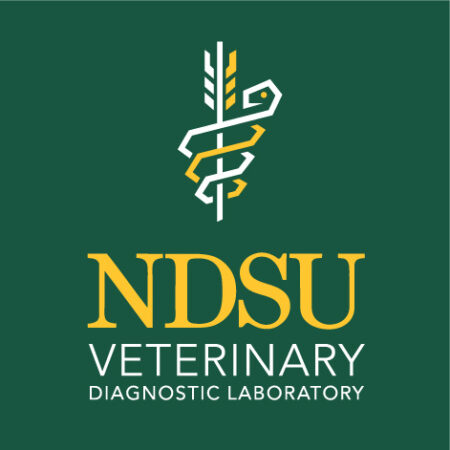Case studies: Veterinary
Xybion Veterinary LIMS Provides the Perfect Solution for Busy State Veterinary Diagnostic Laboratory
Solution: LIMS
NDSU VDL

Faced with an outdated Laboratory Information Management System (LIMS), the North Dakota State University Veterinary Diagnostic Laboratory (NDSU VDL) turned to Autoscribe Informatics to overhaul its laboratory management software and drive efficiency with Xybion LIMS (formerly Matrix Gemini LIMS).
The North Dakota State University Veterinary Diagnostic Laboratory (NDSU VDL) provides key veterinary services North and South Dakota, and Western Minesota, in the United States. It is an American Association of Veterinary Laboratory Diagnosticians (AAVLD) accredited, full-service laboratory.
The primary mission of NDSU VDL is to provide prompt, accurate, reliable testing and diagnostic support services to veterinarians, animal producers, and the public health sector to ensure the quality of diagnostic and surveillance efforts essential to safeguarding the health and well-being of national herds and flocks, companion animals, wildlife zoo and exotic species and the general public.
It offers a wide range of services including toxicology, bacteriology, virology, molecular diagnostic, clinical and anatomic pathology, parasitology, and serology testing services from their new facility in Fargo, North Dakota, which they moved into in 2017.
CHALLENGES
- Existing LIMS difficult to update and maintain
- Accredited, full-service lab
SOLUTION

BENEFITS
- LIMS easy to adopt and use
- Almost paperless workflow
- Key instruments now interfaced to the LIMS
The new workflow is easy for users to adopt and use, enabling us to work more efficiently.
NDSU VDL
NDSU VDL manage around 12-13,000 accessions (individual cases) per year, each with between 1 and 1000 samples. This equates to approximately 60,000 tests ordered on 120,000 samples. It is the only state diagnostic laboratory for North Dakota and also serves a large number of local veterinary practices. The animal profile includes a broad mix of small animals and larger animals including horses and cattle for food production.
Animal movements are closely monitored between states in the USA, as well as into and out of Canada, which borders North Dakota. Testing needs to be done to prove animal health before interstate sales, and health certificates are required for cross-border movement of animals into Canada. Typical tests undertaken include herd testing Johne’s disease in cattle, testing horses for Equine Infectious Anemia (Coggins) to ensure a negative result before a Veterinary Inspection Certificate is issued, and Brucellosis testing across livestock to ensure they are healthy.
The laboratory uses test instruments commonly found in veterinary diagnostic settings including automated ELISA test systems in serology testing to detect and count antibodies and antigens, PCR testing to diagnose infectious diseases, MALDITOF testing to identify micro-organisms such as bacteria or fungi, and VITEK test systems for bacterial identification and antibiotic susceptibility testing.